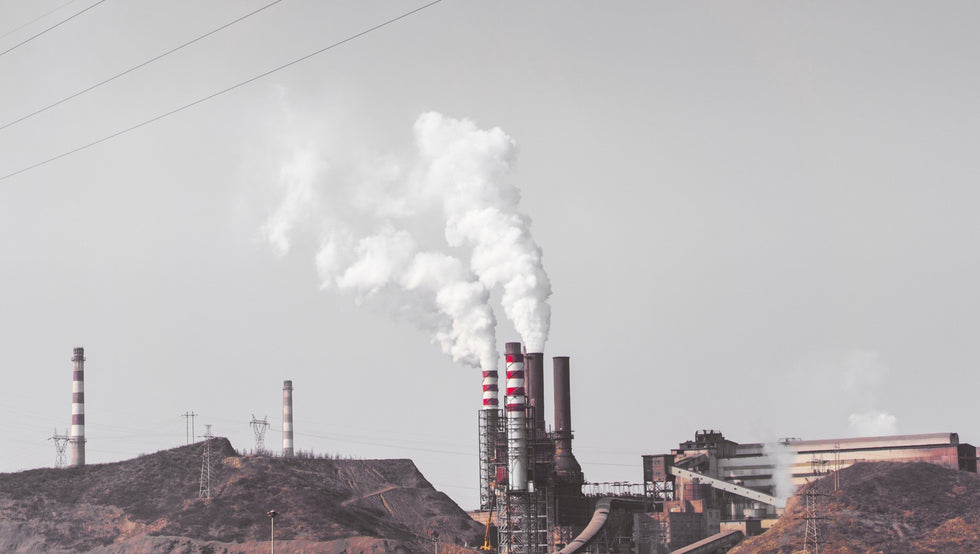When people think about water conservation, they think about it based on two beliefs, what we use and what we preserve/still have based on our needs as human beings. However, many do not factor in the problem that our water may be unsafe for the environment or contaminated by toxic chemicals where clean water must be present for marine life or plant life to thrive. In terms of water contamination, it can come in two forms – acid rain and chemicals leaching from soil (e.g. fertilizer). We mainly focus on acid rain formation due to air pollution.
Acid rain occurs when toxic emissions, such as nitrogen oxides, sulfur dioxide, and sulfur trioxide, mix with water in the atmosphere and form sulfurous acid, nitric acid, and sulfuric acid. Acid rain can be precipitated to earth in the form of rain or snow. On one hand, it can harm the balance for terrestrial and marine life and due to the acidification of soils, lakes, and seas. The increased acidity in water can cause damage to aquatic animals such as fish, algae, and clams, etc., and stagnant growth or cause death to both trees and vegetation.
Every day, fossil fuels are burned and used throughout the globe. Asian and Middle Eastern countries dominated the top 10 list of most air-polluted countries, according to a report by Air Visual that monitors the air quality of different cities around the globe. It is where high economic growth is happening, yet very little measures are taken to ensure that air quality is regulated, making the environment unsafe for its citizens.
In a nutshell, air pollution comes from 4 major sources - natural, area, stationary and mobile. Natural being carbon emissions from sources such as wildfires and volcanoes, anything that comes from the natural environment itself; Area comes from both rural and cities, having livestock or using oil and gas in different areas that are related to everyday activity; Stationary are mainly from large building structures such as power plants, sewage treatments and industrial buildings; Lastly, mobile meaning transportation of all sorts - cars, bus, trains, planes etc.
Since our eco-system is interconnected, when we think about our carbon footprint and water usage, we need to factor in air pollution as well. By curbing our use of fossil fuels, such as coal, oil and natural gas, we are better able to control toxic emissions into the atmosphere.
So when you take your shower next time, don’t just think about how much water you are saving, but also think about how hot and how long you are taking your showers for. As the longer you are running your hot water, the more fossil fuels you will be burning up!
